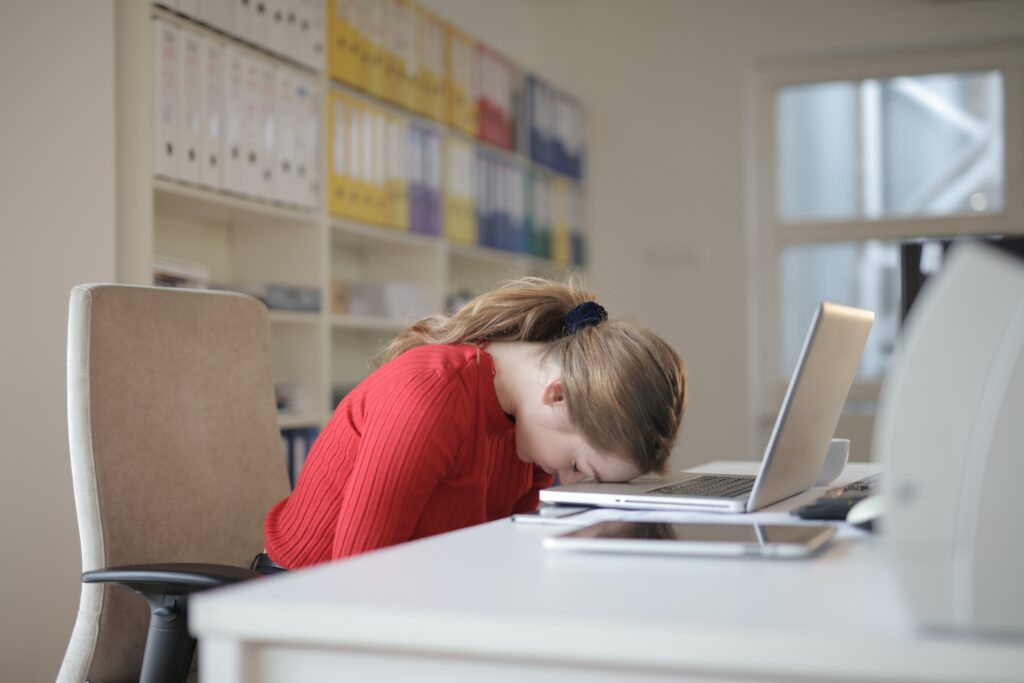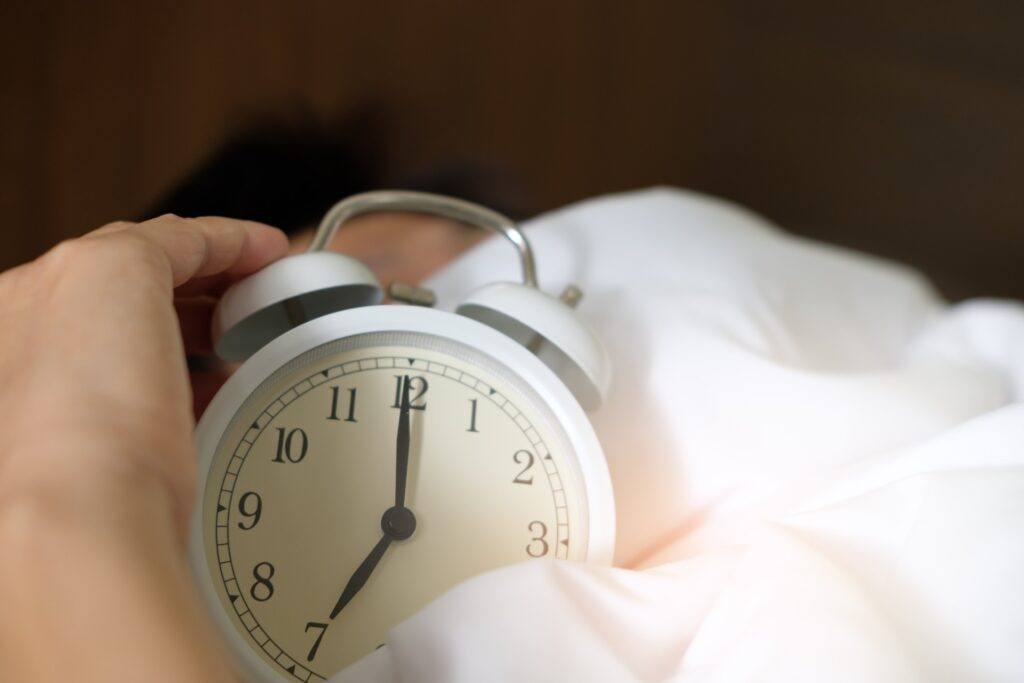March comes with one of the biggest changes to our internal body clock: Daylight Saving Time. This year, it falls on Sunday the 28th of March at 2am and it represents when Greenwich Mean Time (GMT) moves to British Summer Time (BST) – also known as Daylight Saving Time.
Why do we change the clocks?
American politician and inventor Benjamin Franklin first came up with the idea. He suggested that if people got up earlier when it was lighter then it would save on candles. But the idea only arrived in the UK after Coldplay singer Chris Martin’s great-great-grandfather; a builder called William Willett; suggested it. Willett was a keen golfer and he got cross when his games would be cut short because the Sun went down and there wasn’t enough light to carry on playing! In 1907, he published a leaflet called The Waste of Daylight, encouraging people to get out of bed earlier.
Thankfully most smart phones, computers, and other devices connected to the internet will update the time automatically. However, our bodies need a bit of time to adjust. In fact, it can have a catastrophic impact on our health: Every year on the Monday after the springtime switch, hospitals report a 24% spike in heart-attack visits. Just a coincidence? Probably not. Doctors see an opposite trend each Autumn: The day after we turn back the clocks (gain an extra hour in bed), heart attack visits drop 21%.
Let’s start with the facts:
- Lack of sleep is the second highest health complaint reported after pain.
- The number of people not getting enough sleep is now around 4 in 10.
- The annual cost of sleep loss to the UK is £30 billion
- 200,000 working days lost in the UK each year due to insufficient sleep
- 1 in 3 people in the UK are affected by insomnia
Lack of sleep
Researchers found that if you deprived subjects of sleep by 4 hours, there was a 70% drop in immune cell activity.
A lack of sleep is clearly having an impact on us as a society. So why is it so important to us and what is sleep used for?
Sleep is critical for recovery and tissue repair. It’s one of the reasons we are encouraged to stay in bed when unwell; the extra sleep helps you to recuperate.
It is also essential for maintaining cognitive skills, such as communication, remembering key information and being creative and flexible in thought. This means a late night trying to revise for an exam the following day is likely to be counterproductive!
Sleep helps to rebalance hormones and boosts our immune systems. Feeling anxious, low in mood or stressed? It could be a lack of sleep that is contributing. Also, during this global pandemic a boost in our immunity can only be beneficial! Those who consistently fail to get enough sleep face increased risk of a variety of health problems, such as cancer, cardiovascular diseases such as heart attacks and strokes, metabolic abnormalities, weight gain and mental health problems.
Depending on our age and activity levels, we will require different amounts of sleep

Top tips for a good night’s sleep:
Drugs aren’t the cure!
Sleeping tablets only mask the underlying problem. Try to deal with that first before resorting to medication.
Keep it cool
Our core temperature needs to drop slightly to fall asleep. So, a warm bedroom is not conducive for sleep. In fact, a bedroom temperature of around 18 degrees Celsius has been found to be optimal.
Be regular
Regular bedtimes and wake up times help get your body into a routine. The more of a routine your body clock attains, the easier it will be for you to fall asleep and naturally wake. Try to maintain regularity at weekends too.
Get some natural daylight
Natural daylight sends cues to your body to make it easier to understand the difference between daytime and night-time. It is more likely to release the sleep hormone melatonin which helps you to drift off to sleep.
Avoid naps
If you struggle to sleep at night-time, there are no need for naps. The more tired you are at the end of the day, the more likely you are to get a good night’s sleep.
Deal with underlying issues
When you head hits the pillow, do you find your mind racing? Thinking about the things you need to remember? Worrying about things you have no control over? Wite them down. Keep a pad and pen next to your bed and write those things down when they crop up. It’s a subconscious message to your brain to say ‘you don’t need to worry about that now, deal with it tomorrow’. Just make sure you deal with that thing tomorrow!
Be active
During the day, not too close to bedtime. If you’re physically tired, you are more likely to get a better night’s sleep.
Avoid eating too much and eating late
If food is our fuel, but we are planning to not move, then why eat late at night? It’s counterintuitive and is a sure fire way to wake you back up. So, try to avoid eating in the few hours before bed.
Cut down on alcohol
Alcohol helps you get to sleep (because it’s a depressant), but it disrupts the quality of your sleep and is one of the reasons people feel groggy after a night on the booze.
Avoid caffeine from early afternoon onwards
Caffeine has a half life of four hours. If you have a strong cup of coffee at 2pm, it may still be in your system at 10pm. As caffeine is a stimulant, it’s best to avoid it from early afternoon onwards.
Sort your bedroom out
Keep it clear and clean. This should be your sanctuary; your place of peace and calm. Keeping it clean and clear helps make it feel this way. Also, it’s best to have low light or complete darkness in your bedroom to help you drift off naturally.
Avoid blue light
Blue light is given off from tablets and mobile devices. Blue light reduces the production of melatonin (our sleep hormone), so compromises our ability to fall asleep and stay asleep. Also, the things we watch or read on our devices have a greater chance of raising our emotions and stimulating our brains. Instead, try a different routine before bedtime, like listening to a sleep story or sleep sounds, reading or listening to some calming music. The best thing you can do for sleep… is leave your phone downstairs. Why not give some of these tips a try for March and see if your sleep improves?
This article was written by our associate trainer and sleep expert Paul Thompson. For more from our We Are Wellbeing resident experts see our insights page.








